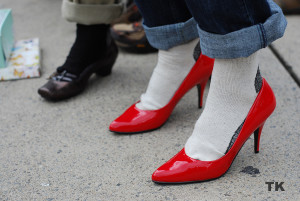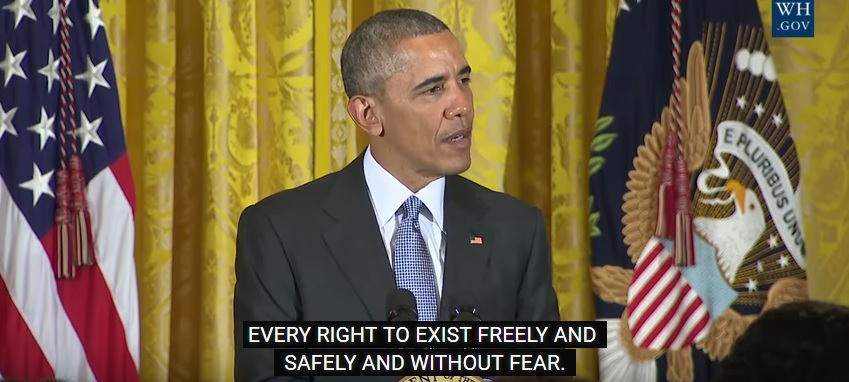Dr. Gary Barker, President of Promund-US, did an interview with Mashable a few weeks ago about what men can do in light of the #MeToo movement and ending sexual abuse. Check out all 5 actions in the full article, as well as excerpts below:
“1. Listen to women. Women are sharing their stories, from just two words to details about harassment and assault. If you as a man feel compelled to comment beyond words of support, think twice. Women who’ve made themselves vulnerable by sharing their painful stories don’t need men second-guessing their accounts or making contrarian remarks. Before you do anything, listen.
2. Talk to other boys and men about #MeToo. If you can’t believe so many women have experienced sexual violence, other boys and men probably don’t realize it either. #MeToo is an opportunity for men to talk to each other about how those experiences are universal for women, and to talk about what men can do.
3. Call it out when you see it.* Too often men see other men harassing or abusing power and turn the other way. It’s uncomfortable for us to question other men, particularly when it’s a friend, a co-worker, or even a relative. Lots of other men knew what Harvey Weinstein did and said nothing. Take a stand and call it out even if it’s uncomfortable – and even if it puts you at risk.
4. Advocate for better education and prevention. Use #MeToo as an opportunity to advocate for long-term education and prevention efforts in schools, campuses, and workplaces. Meaningful change happens through multiple education sessions over time, institutional messages about prevention, and comprehensive training for staff and leadership. Boys and girls need to learn about consent, sexuality, and respect in open, honest ways.
We cannot let our silence be deafening as men. We cannot look the other way and pretend that it’s those other men. We need to speak out and take action today, first and foremost listening to women who have experienced harassment.”
Learn how Promundo is working with partners in the United States and more than 40 countries worldwide to challenge the root causes of sexual harassment and sexual assault and to promote gender justice.
Check out our male allies section and my books Stop Street Harassment: Making Public Places Safe & Welcoming for Women and Stop Global Street Harassment: Growing Activism Around the World for information specifically around what men can do to stop street harassment.
For programming ideas, check out Collective Action for Safe Spaces’ “Rethinking Masculinity” program.

 Every April, for Sexual Assault Awareness Month (SAAM), men all over the country stumble through public parks in high heels to raise awareness for the gender-based violence movement.
Every April, for Sexual Assault Awareness Month (SAAM), men all over the country stumble through public parks in high heels to raise awareness for the gender-based violence movement. 
